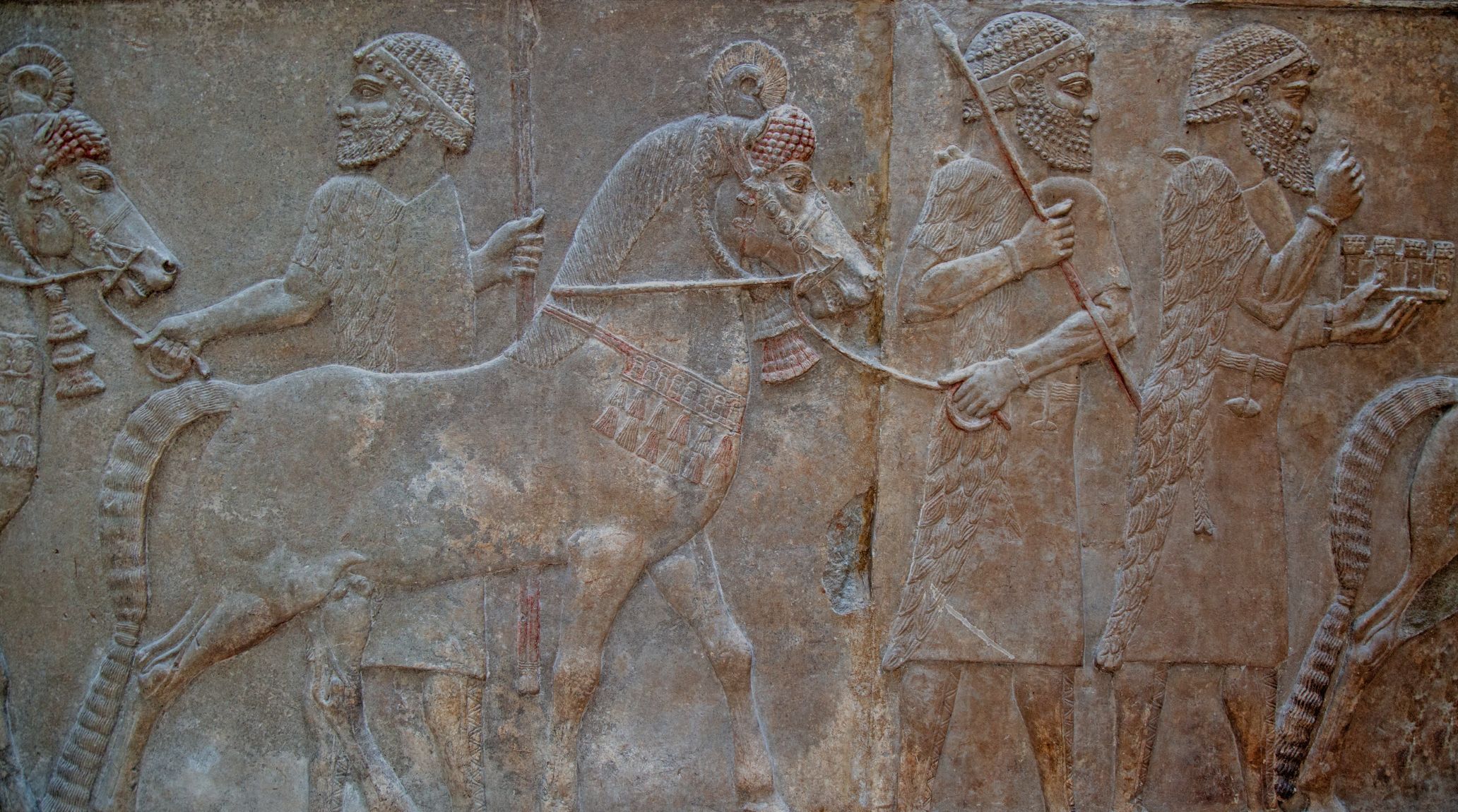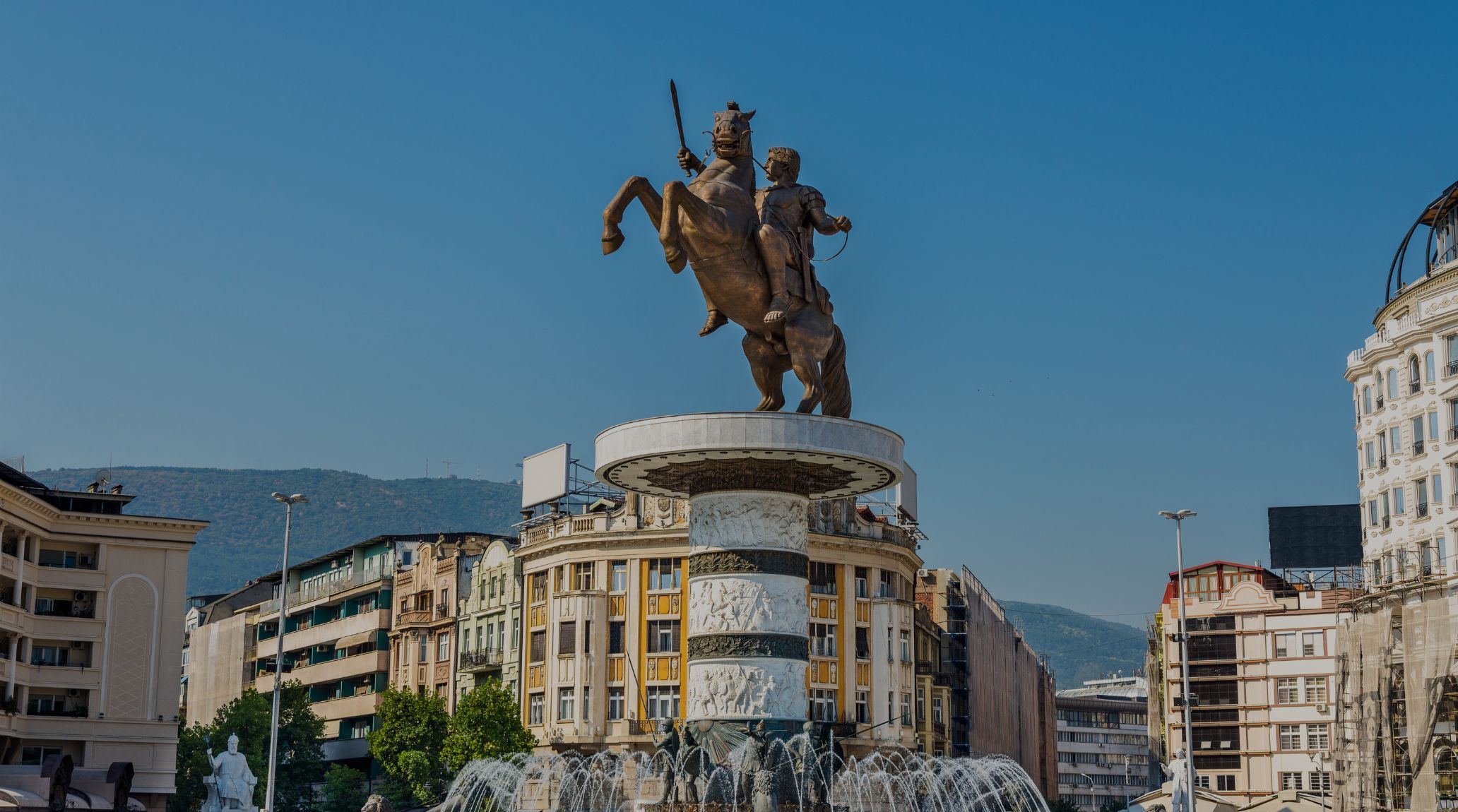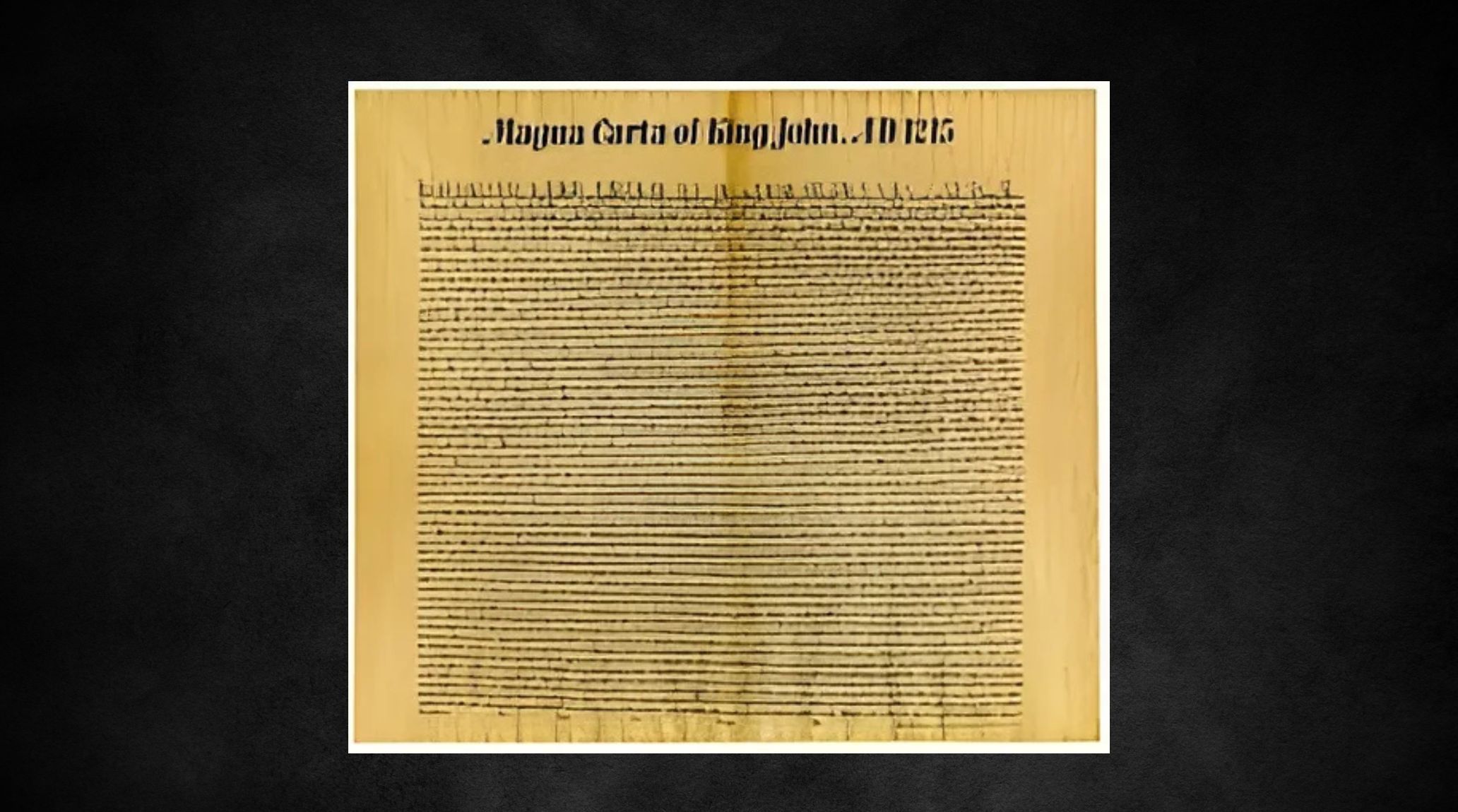
“
The Magna Carta, signed in 1215, is one of the most important documents in the development of English law. It established the principle that everyone, including the king, was subject to the law. This Magna Carta and the Development of English Law Factsheet explores its key clauses, lasting impact, and how it laid the foundation for constitutional law and individual rights. Discover how this pivotal document influenced future legal systems and inspired the development of democratic principles that continue to shape modern governance.1
1
”
The Magna Carta, issued in 1215, limited royal power by establishing that the king and government were subject to the law, preventing the exploitation of power and recognizing law as a governing force. 1
King John of England was forced to sign the Magna Carta after conflicts with rebellious barons, who demanded protection of their rights and freedoms, particularly against unjust taxation and arbitrary imprisonment. 2
The Magna Carta established the principle that the king was not above the law, setting a precedent for constitutional law and limiting royal authority, a concept that influenced future legal systems. 3
While initially aimed at protecting the rights of the barons, the Magna Carta's influence extended to all English subjects, laying the foundation for the development of common law in England. 4
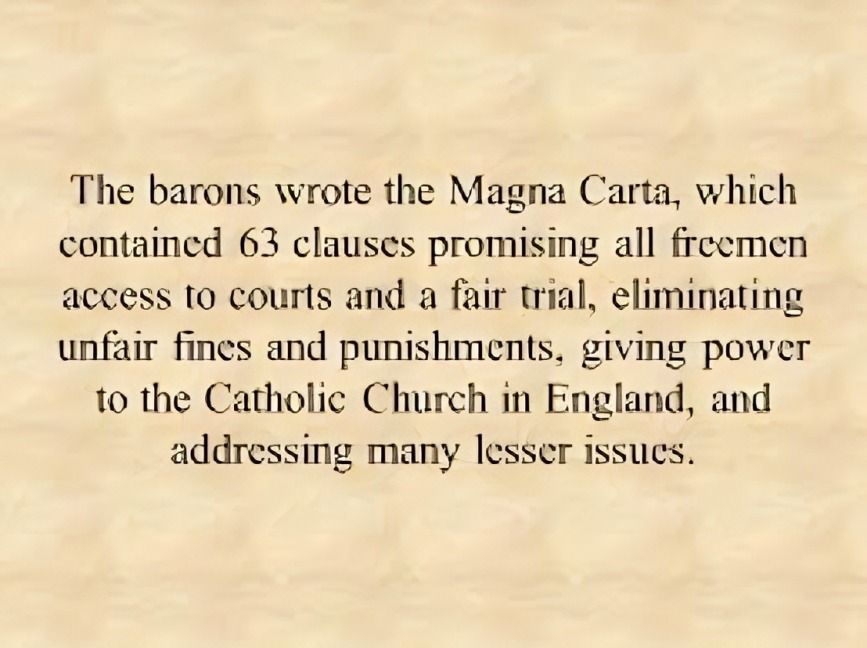
The Magna Carta included 63 clauses, covering various topics like taxation, inheritance, and the legal rights of the church, with several clauses later forming the basis of modern legal principles.
The concept of habeas corpus, which prevents unlawful imprisonment, was enshrined in the Magna Carta, guaranteeing that no one could be held without due process or lawful judgment. 5
The Magna Carta introduced the idea of trial by jury, a key element of modern justice, allowing individuals to be judged by their peers rather than solely by royal officials or judges. 6
Several provisions of the Magna Carta focused on the protection of property rights, ensuring that free men could not be dispossessed of their land or possessions without proper legal processes. 7
Though the Magna Carta was initially annulled by Pope Innocent III, its subsequent reissues by later monarchs solidified its role in shaping English law and establishing principles of justice and fairness. 8
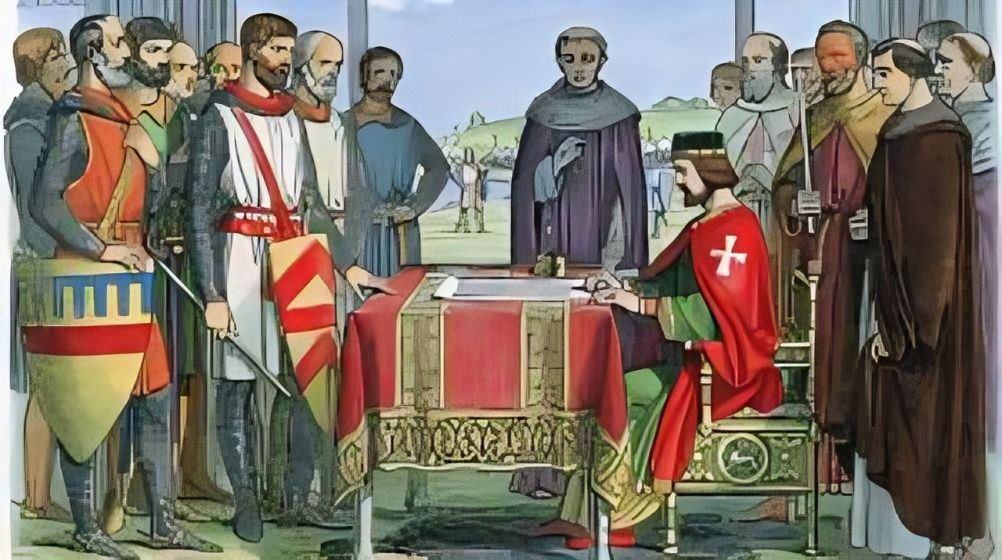
The Magna Carta was a precursor to other significant documents, such as the Petition of Right (1628) and the Bill of Rights (1689), which further limited the power of the monarchy and expanded civil liberties.
One of the key clauses of the Magna Carta demanded that the king seek the consent of the barons for new taxes, establishing a principle that would later influence parliamentary systems of governance. 9
The Magna Carta influenced the development of legal institutions like Parliament, as the king was compelled to consult with nobles and clergy, leading to the establishment of a representative body. 10
The document's legacy includes the protection of civil liberties, such as freedom from excessive fines, the right to travel, and the right to seek justice through fair and established legal channels. 11
The Magna Carta was rediscovered in the 17th century during the English Civil War, and its provisions were cited by those advocating for the rights of citizens against royal absolutism. 12
The Magna Carta’s principles influenced legal reforms in other countries, including the United States Constitution and the Universal Declaration of Human Rights, cementing its place as a global symbol of justice. 13
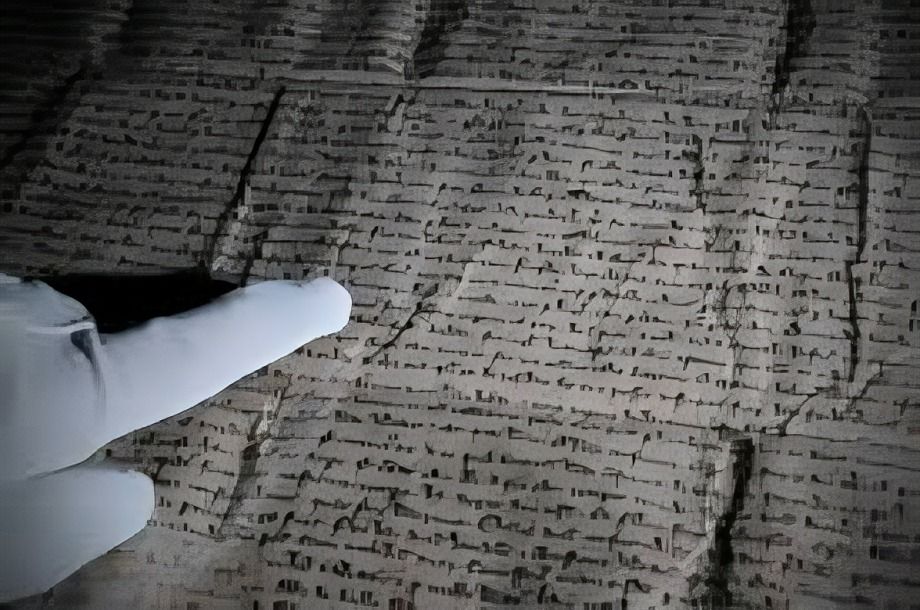
One of the most significant clauses in the Magna Carta required the king to recognize the church's freedom from royal interference, establishing the principle of separation between church and state.
Over time, many clauses of the Magna Carta became obsolete or were repealed, but its fundamental principles, such as limiting governmental power and ensuring the rule of law, have remained intact. 14
The Magna Carta's clause on "the law of the land" emphasized the idea of due process, meaning that laws should be applied fairly and consistently to all individuals, regardless of their status. 15
The Magna Carta’s legacy is seen in the continued development of constitutional law, influencing the legal system’s evolution and ensuring that rulers would be held accountable for their actions. 16
Today, the Magna Carta is considered one of the most significant documents in the history of democracy, symbolizing the enduring struggle for human rights and the limitation of arbitrary power. 17
